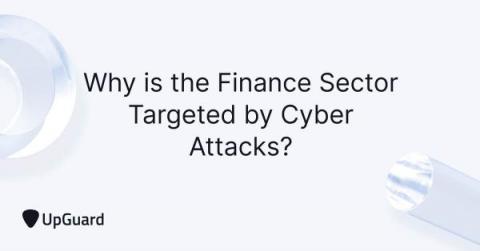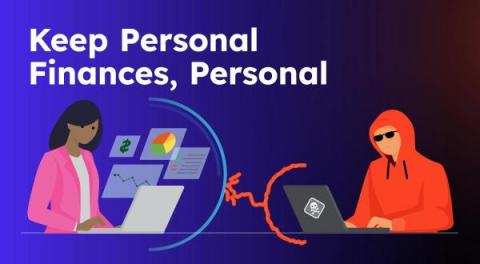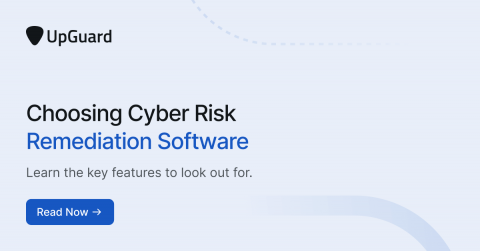Business Continuity Plans for Financial Institutions
Disasters rarely strike with advanced notice. That’s especially true in the business world, where there’s no such thing as a business meteorologist to forecast potential threats that may beset a company’s personnel or assets. That’s where a Business Continuity Plan comes into play.










